



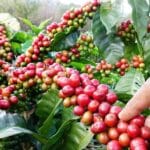
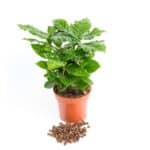
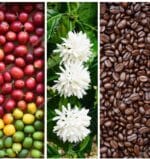
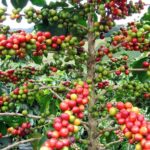


Coffee tree (Coffea) live tropical fruit tree 12″-18″
$50.00 Original price was: $50.00.$39.99Current price is: $39.99.
The coffee tree Puerto Rican tree is known for its world-famous coffee loved by all coffee lovers around the globe. The rich taste is derived from the volcanic soil of Puerto Rico, which has many minerals that add depth to the intrinsic taste of this coffee plant. Moreover, the climate, wind and altitude of the region all perfectly combine together to give this Coffee Puerto Rican Tree a unique touch. It is also one of the few coffees being produced in the United States, which makes it even more unique. The tree with its beautiful features also serves as a piece of art by nature.
Coffee tree originates from the beans of the Coffea plant, and several species are cultivated for commercial production. The most common and widely recognized species are:
1. **Arabica (Coffea arabica)**: Known for its mild, nuanced flavors and aromatic qualities, Arabica coffee beans are highly sought after and considered superior in quality. They thrive at higher altitudes and are grown in regions such as Central and South America, Africa, and parts of Asia.
2. **Robusta (Coffea canephora)**: Robusta coffee beans are valued for their stronger, more bitter flavor and higher caffeine content. They are often used in espresso blends and instant coffee. Robusta plants are hardier and can grow at lower elevations, making them suitable for regions with less favorable climates.
3. **Liberica (Coffea liberica)**: Although less common than Arabica and Robusta, Liberica coffee has a distinct flavor profile and is grown in certain African and Asian regions. It is known for its bold and woody taste.
4. **Excelsa (Coffea excelsa)**: Excelsa coffee beans are used in specialty blends to add a unique tart and fruity flavor. They are primarily grown in Southeast Asia.
**Taste Profiles and Roasting**
The taste of coffee is influenced by factors such as the coffee bean variety, growing region, and roasting process. Common flavor profiles include:
– **Arabica**: Often described as having a wide range of flavors, including fruity, floral, and nutty notes. Arabica beans are typically roasted to various levels, from light to dark, each offering distinct flavor profiles.
– **Robusta**: Robusta beans tend to have a more bitter, earthy, and nutty taste compared to Arabica. They are commonly used in espresso blends for their crema-enhancing properties.
– **Liberica**: Liberica coffee is characterized by its bold and woody flavor, which is less acidic than Arabica. It is often used in traditional-style coffees.
– **Excelsa**: Excelsa coffee provides a tart and fruity dimension to blends, contributing to the overall complexity of flavor.
**Brewing Methods**
Coffee can be prepared in various ways to suit individual preferences. Popular brewing methods include:
1. **Drip Coffee**: Using a drip coffee maker, hot water passes through ground coffee beans in a paper or metal filter, resulting in a smooth and aromatic brew.
2. **Espresso**: Espresso is a concentrated coffee brewed by forcing hot water through finely ground coffee under pressure. It serves as the base for various espresso-based drinks like cappuccinos and lattes.
3. **French Press**: Coarsely ground coffee is steeped in hot water in a French press, allowing for a rich and full-bodied coffee with a sedimentary texture.
4. **AeroPress**: The AeroPress combines immersion and pressure brewing to produce a clean and flavorful cup of coffee. It is highly portable and ideal for travel.
5. **Pour-Over**: A pour-over method involves manually pouring hot water over coffee grounds in a filter, producing a clean and nuanced flavor.
6. **Cold Brew**: Cold brew is made by steeping coarsely ground coffee in cold water for an extended period, resulting in a smooth, low-acid coffee concentrate.
**Interesting Fact about Coffee**
One of the most fascinating aspects of coffee is its journey from bean to cup. The coffee industry is known for its complex supply chain, which involves coffee growers, harvesters, processors, exporters, importers, roasters, and baristas, among others. This intricate web of individuals and businesses spans the globe, connecting coffee-producing regions in Africa, Latin America, Asia, and beyond with coffee-loving consumers worldwide.
Furthermore, coffee has played a crucial role in cultural and social interactions for centuries. It has been the catalyst for intellectual discussions, social gatherings, and even revolutions. Coffeehouses, known as “penny universities,” were gathering places for intellectuals and thinkers during the Enlightenment era in Europe, where stimulating conversations took place over cups of coffee.
In conclusion, coffee is a globally cherished beverage known for its diverse flavors, brewing methods, and cultural significance. Whether enjoyed as a morning ritual, an afternoon pick-me-up, or a leisurely chat with friends, coffee continues to bring people together and stimulate both body and mind. Its rich history and complex flavors make it a beloved and enduring part of human culture.
| Weight | 15 oz |
|---|---|
| Dimensions | 22 × 4 × 4 in |
| Planting Bag + Soil |
Planting bag + Soil ,I have soil and container |

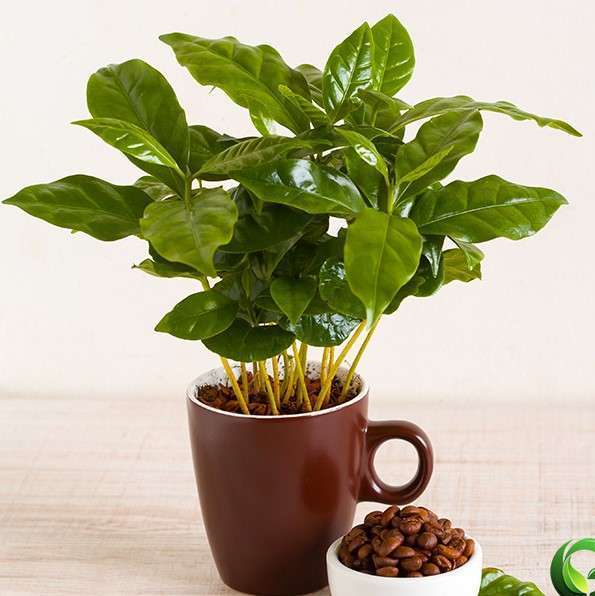

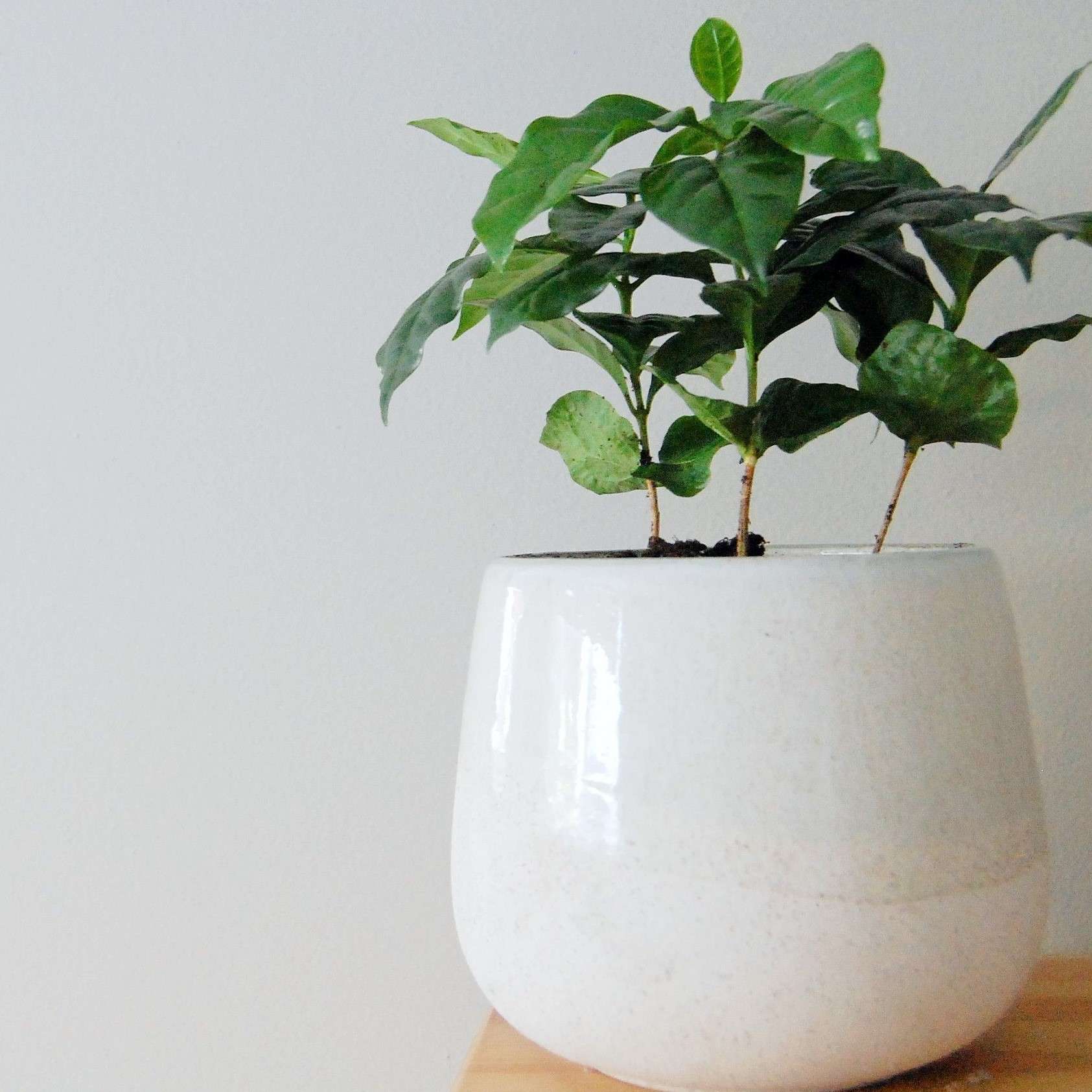

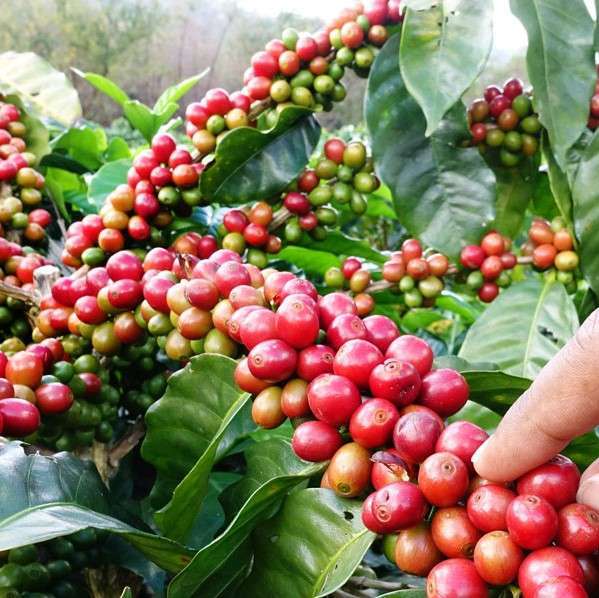
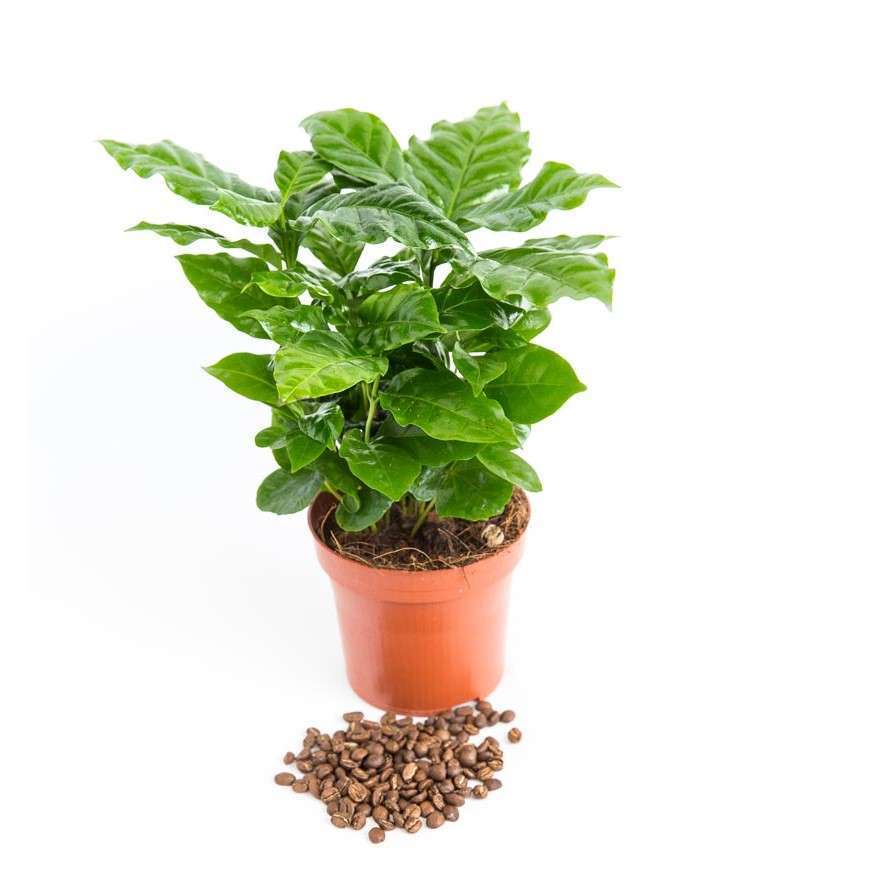
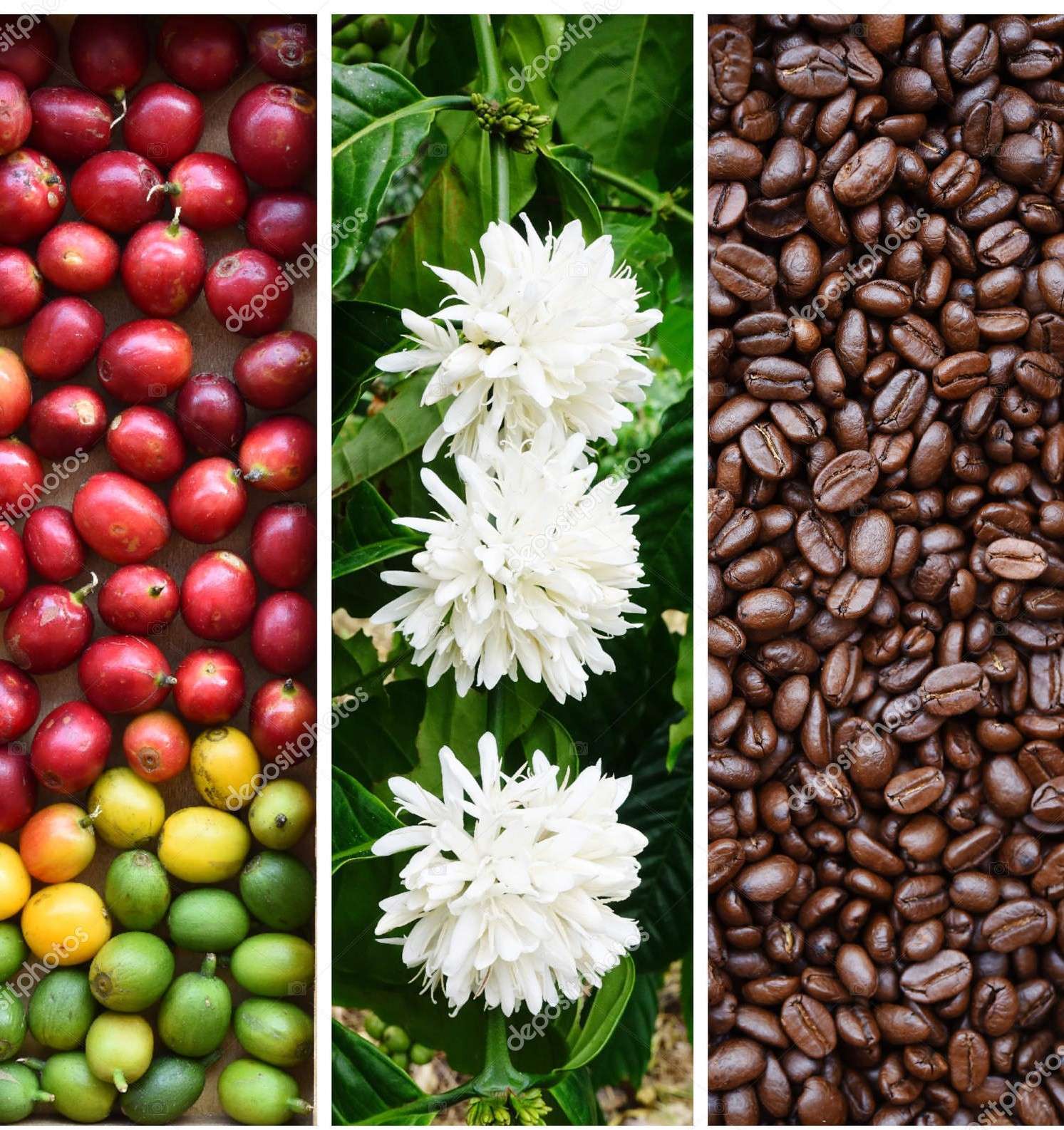
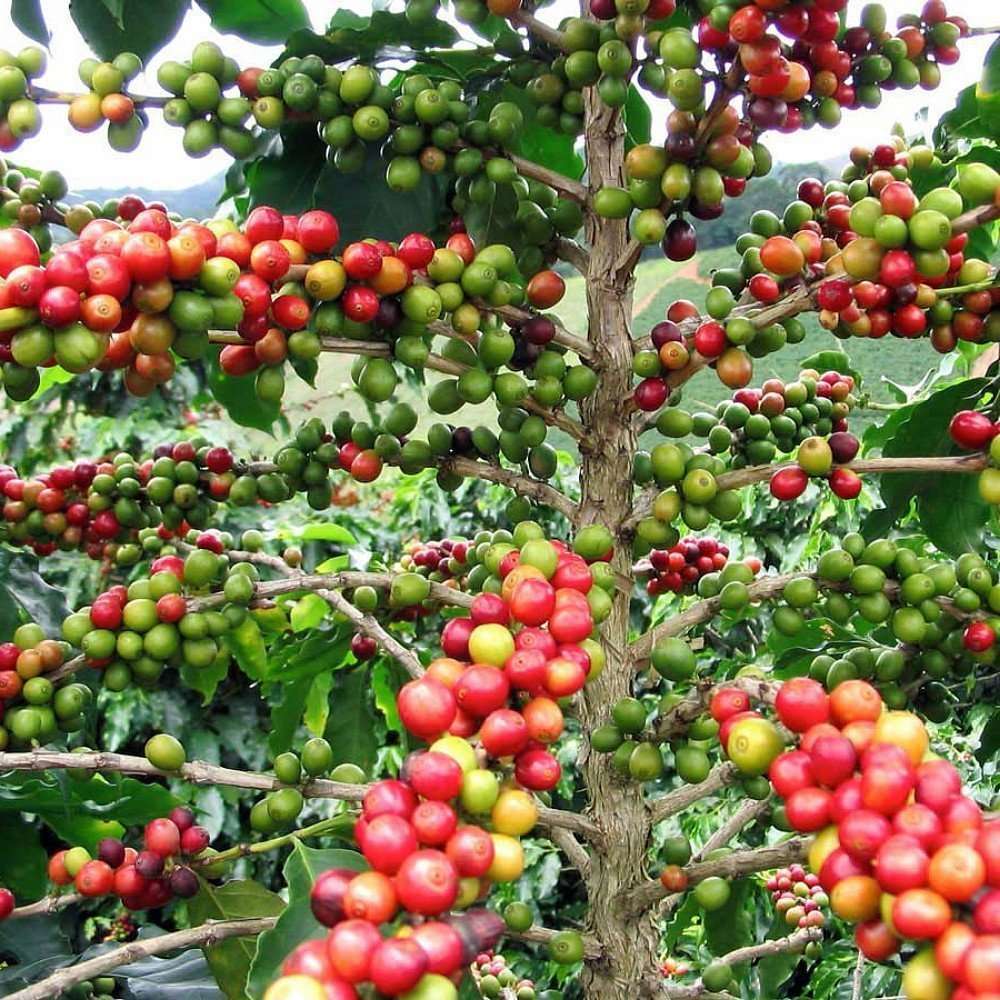

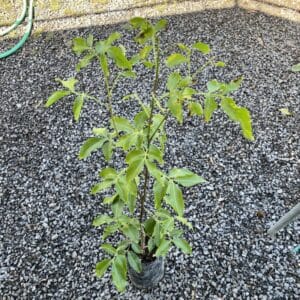
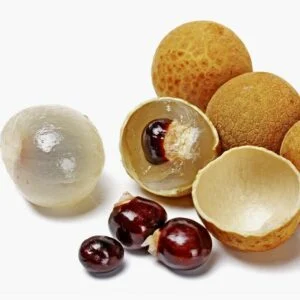
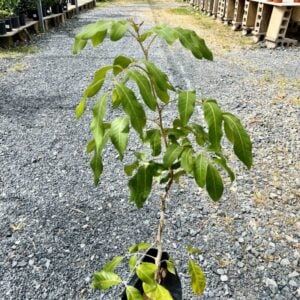


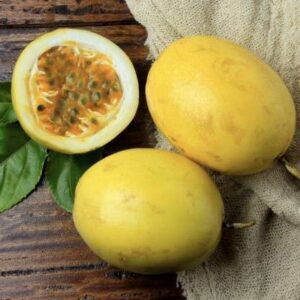



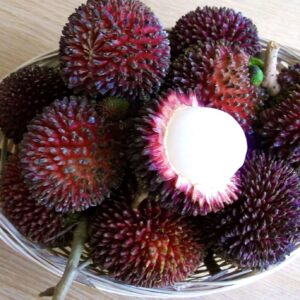
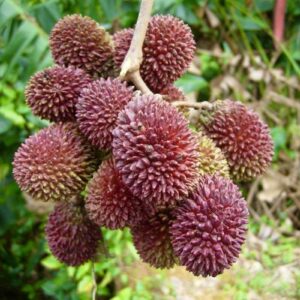


Reviews
There are no reviews yet.